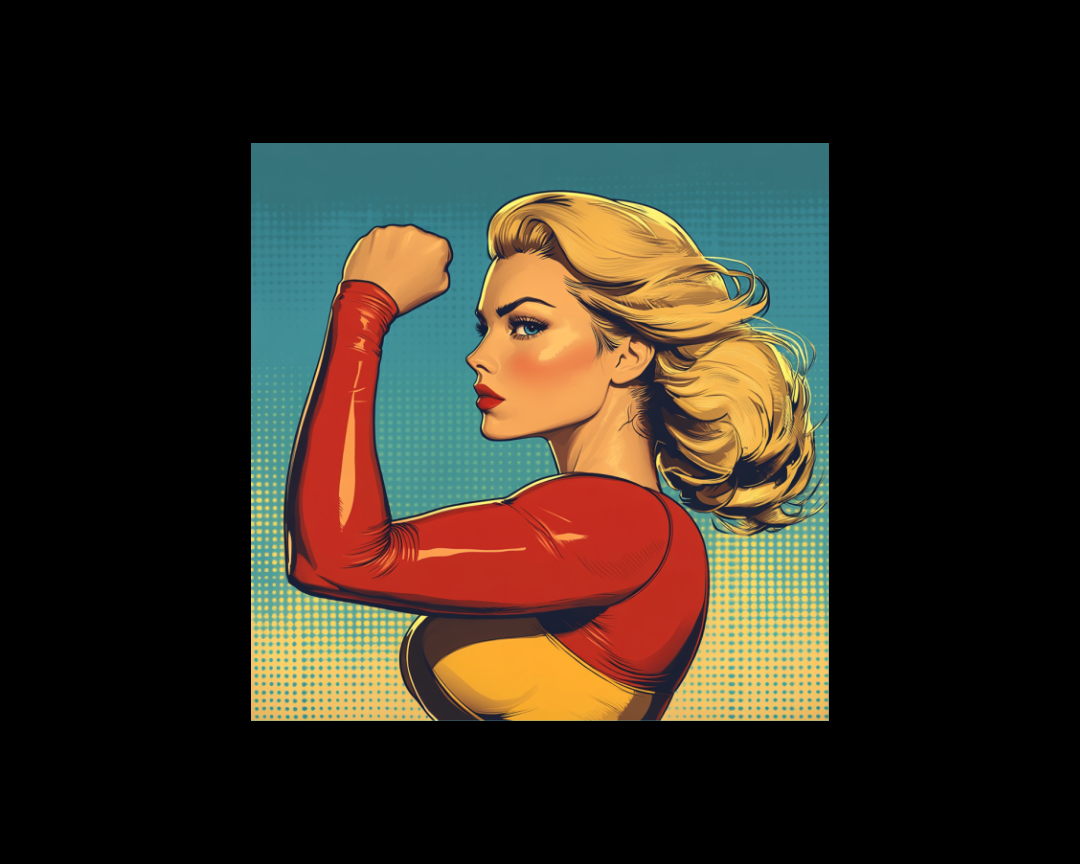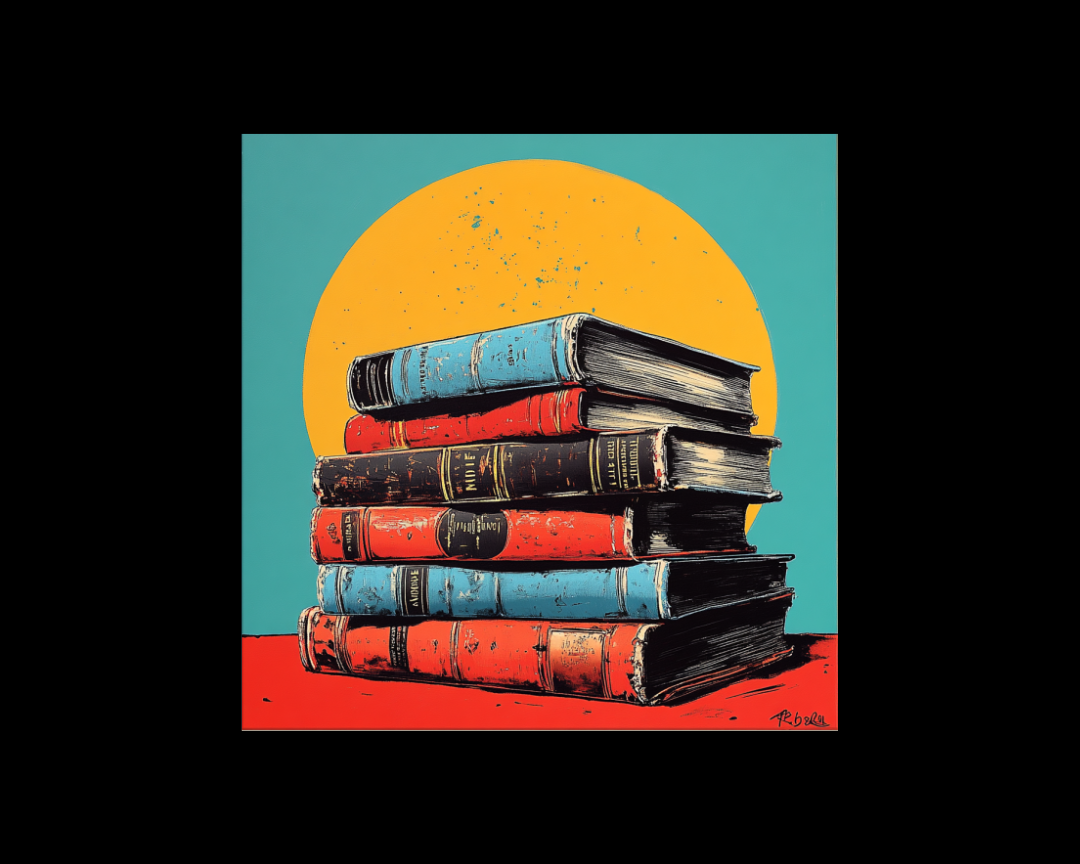Powerful Words: Illustrated by Bizarre and Fantastical Literature
Words have the power to shape realities, evoke emotions, and transport us to worlds beyond our imagination. In this article, we'll explore a...
2 min read
 Writing Team
:
Sep 11, 2023 12:12:04 PM
Writing Team
:
Sep 11, 2023 12:12:04 PM
.png)
As hip-hop celebrates its 50th anniversary, it's only natural to ponder the genre's future. However, for many hip-hop artists, the future has always been an integral part of their storytelling.
Since its inception in August 1973, hip-hop has been intertwined with Afrofuturism—a fusion of science fiction, politics, and liberating fantasy that informs both lyrics and aesthetics.
In this commentary, we recap an article published in The Commentary (linked at the end) on the profound relationship between Afrofuturism and hip-hop, revealing how it has been a transformative force in helping Black Americans overcome isolation, racism, and fostering self-empowerment.
Since the coining of the term "Afrofuturism" by Mark Dery in 1994, this cultural phenomenon has been instrumental in envisioning a better future for African Americans. Afrofuturism serves as a speculative fiction that addresses African-American themes in the context of modern technoculture, intertwining imagination, technology, the future, and liberation.
It's important to note that Afrofuturism predates hip-hop, with roots extending into the eras of institutional slavery and the Civil Rights movement. Visionaries like Octavia Butler, often regarded as the "mother of Afrofuturism," used their works to meld African mythology with social activism, creating alternative Black worlds.
One of the most significant influences of Afrofuturism on hip-hop is the music itself, with figures like George Clinton of Parliament-Funkadelic leading the way.
Clinton's innovative fusion of music, flamboyant Pan-African attire, and elaborate spaceship-themed stage performances left an indelible mark on both hip-hop and Afrofuturism.
His sonic soundscape has found its way into hip-hop tracks, adding depth and texture to the genre.
Afrofuturism and hip-hop have been instrumental in addressing the profound sense of alienation and difference experienced by Black Americans.
Through their art, hip-hop artists have expressed the feeling of being treated as outsiders in American society, effectively challenging societal norms.
This alignment with Afrofuturism's emphasis on otherness has allowed hip-hop artists to reclaim the concept of being "aliens" as an act of resistance.
Afrofuturism shares with hip-hop the goal of elevating human consciousness. Similar to Sun Ra's jazz fusion ensemble "Akestra," which used music to alter perceptions, Afrofuturism seeks to decolonize minds and challenge existing narratives.
This shift in consciousness can be seen in the mainstream's recognition of Afrofuturism, notably through the release of the Marvel movie "Black Panther."
Kendrick Lamar's contribution to the "Black Panther" movie soundtrack, particularly the song "All the Stars," exemplifies how Afrofuturism can reimagine the connection between Africa's past and a futuristic pilgrimage.
Lamar's visuals in the music video bridge the Middle Passage, ancestral roots, and a hopeful future, offering a powerful narrative of resilience.
In conclusion, Afrofuturism has played a pivotal role in the evolution of hip-hop, empowering Black Americans to reevaluate their past, confront present injustices, and envision a more inclusive future.
This cultural fusion continues to serve as a source of self-empowerment, resilience, and social change within the hip-hop community.

Words have the power to shape realities, evoke emotions, and transport us to worlds beyond our imagination. In this article, we'll explore a...

Slang is a linguistic chameleon, constantly evolving and adapting to the cultural landscape. It's the rebellious cousin of formal language, often...
%20(1)-2.png)
Music and writing share many similarities.